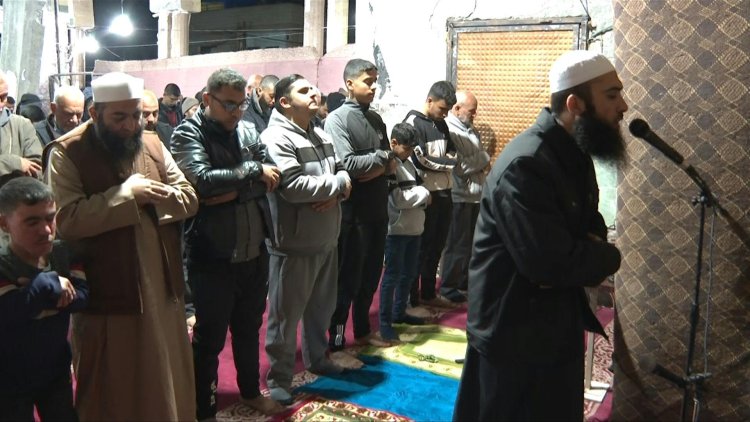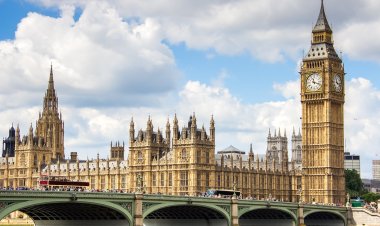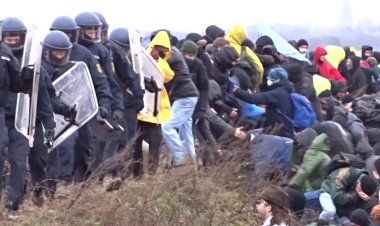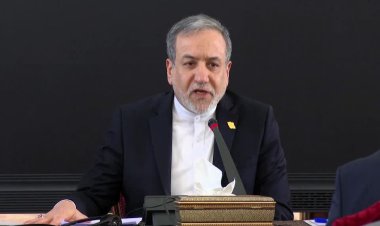Gaza's Struggle: Ramadan Amidst War's Ravages

The first day of Ramadan arrived like others for Palestinians in war-ravaged Gaza: stalked by famine and disease, shivering in tents and threatened by bombs more than five months into fighting between Israel and Hamas militants.
As the Muslim world welcomed the holy month and its customary daytime fast, many Gazans faced bombardment that saw residents once more search through the rubble of destroyed homes for survivors and bodies.
A UN report, citing the health ministry in Hamas-run Gaza, said 25 people have now died from malnutrition and dehydration, most of them children.
The United Nations has reported particular difficulty in accessing northern Gaza for deliveries of food and other aid.
Gazans throughout the territory are feeling shortages even more during Ramadan.
Hamas leader Ismail Haniyeh says during a televised speech aired that the Palestinian militant group blames Israel for the failure to reach a Gaza ceasefire deal but it is still open to "continuing negotiations".
"I say clearly that the one who bears responsibility for not reaching an agreement is the occupation and the government of the Zionist enemy because he doesn't want to stick to the basic principles of the agreement. However, I say that we are open to continuing negotiations," he added.
Israel's retaliatory bombardment and ground offensive has killed 31,112 Palestinians, mostly women and children, according to Gaza's health ministry.
Weeks of talks involving US, Qatari and Egyptian mediators failed to bring about a truce and hostage exchange deal ahead of Ramadan.
Despite widespread deprivation, some Gazans found ways to celebrate Ramadan's start, fashioning meager decorations and distributing traditional lanterns between their tents.
In Rafah, dozens of Gazans offered prayers on Ramadan's first day in the ruins of a mosque hit by an Israeli air strike just days ago.















